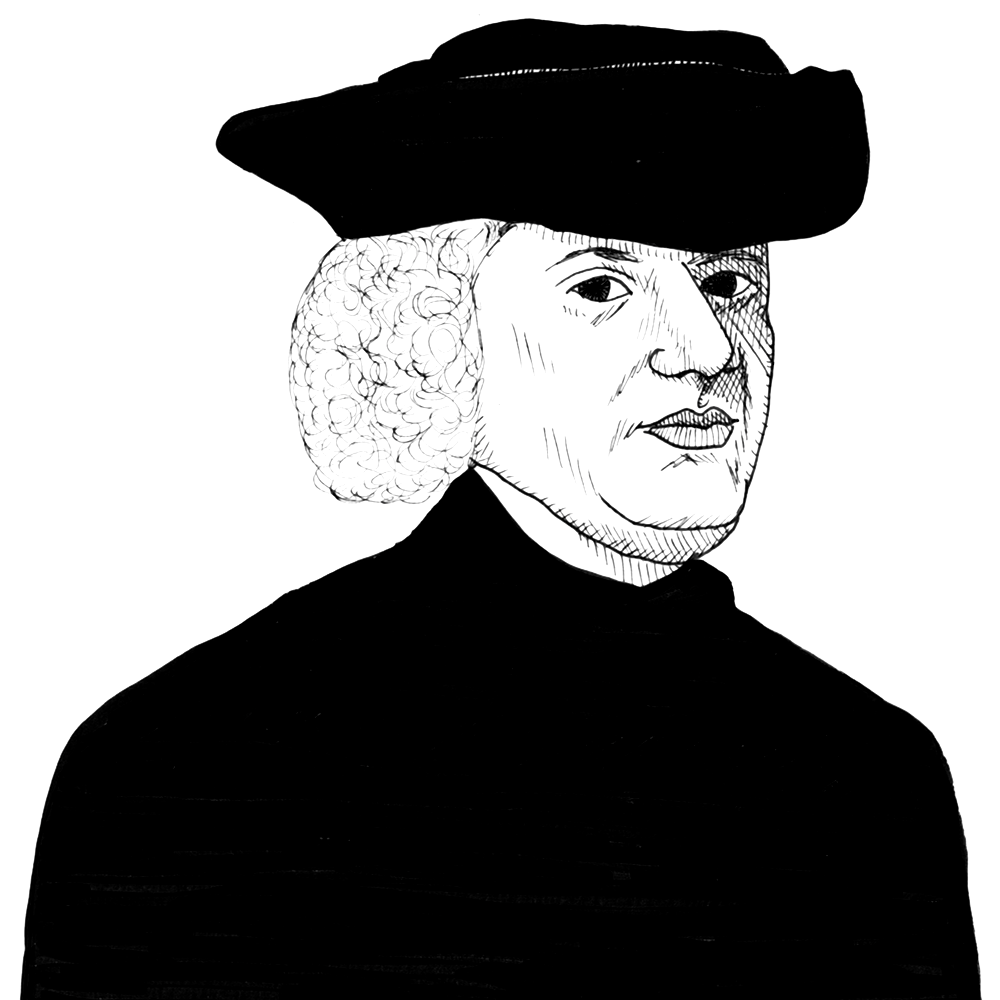
William Paley on the tragedy of the commons (1785)
Found in: The Principles of Moral and Political Philosophy
The English moral philosopher William Paley (1743-1805) discussed the problems created by the communal ownership of property. He was aware of the incentive problem as well as this early formulation of the “tragedy of the commons”:
Property Rights
We may judge what would be the effects of a community of right to the productions of the earth, from the trifling specimens which we see of it at present. A cherry-tree in a hedge-row, nuts in a wood, the grass of an unstinted pasture, are seldom of much advantage to any body, because people do not wait for the proper season of reaping them. Corn, if any were sown, would never ripen; lambs and calves would never grow up to sheep and cows, because the first person that met them would reflect, that he had better take them as they are, than leave them for another.